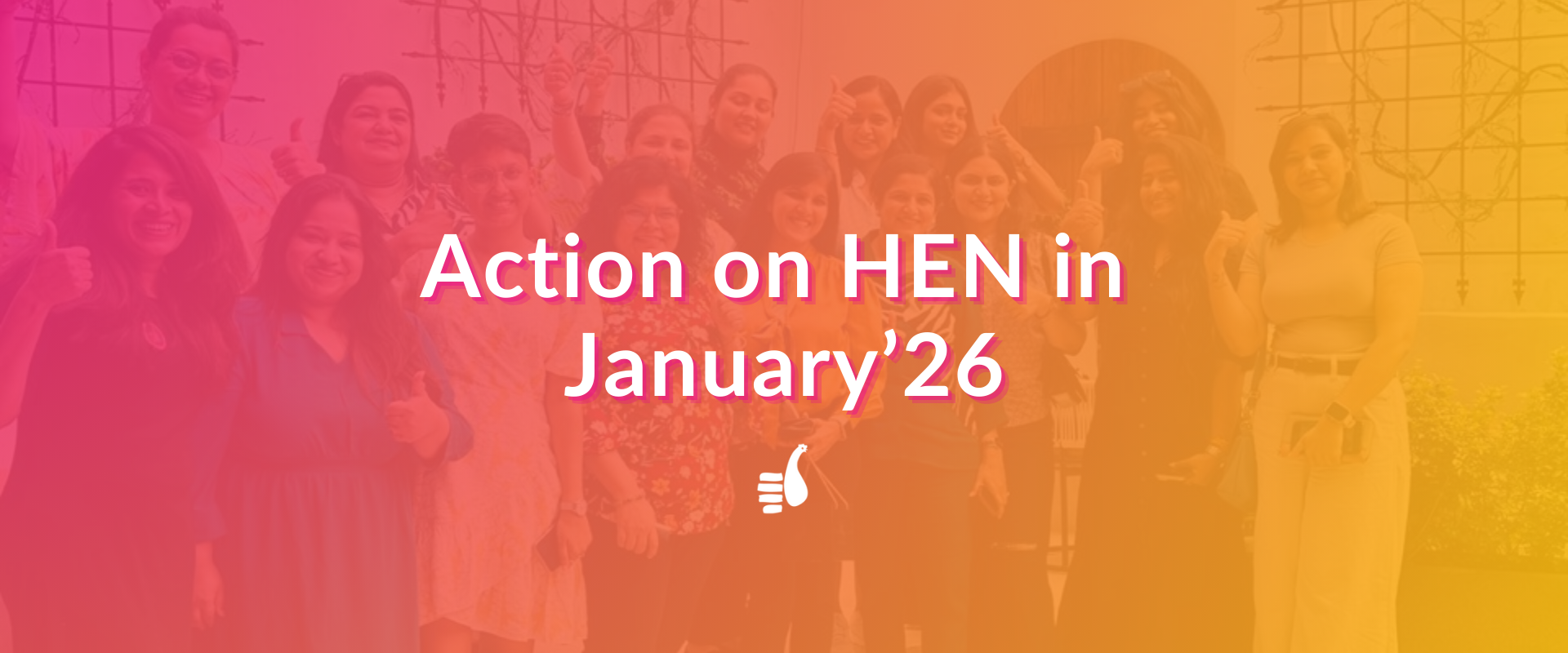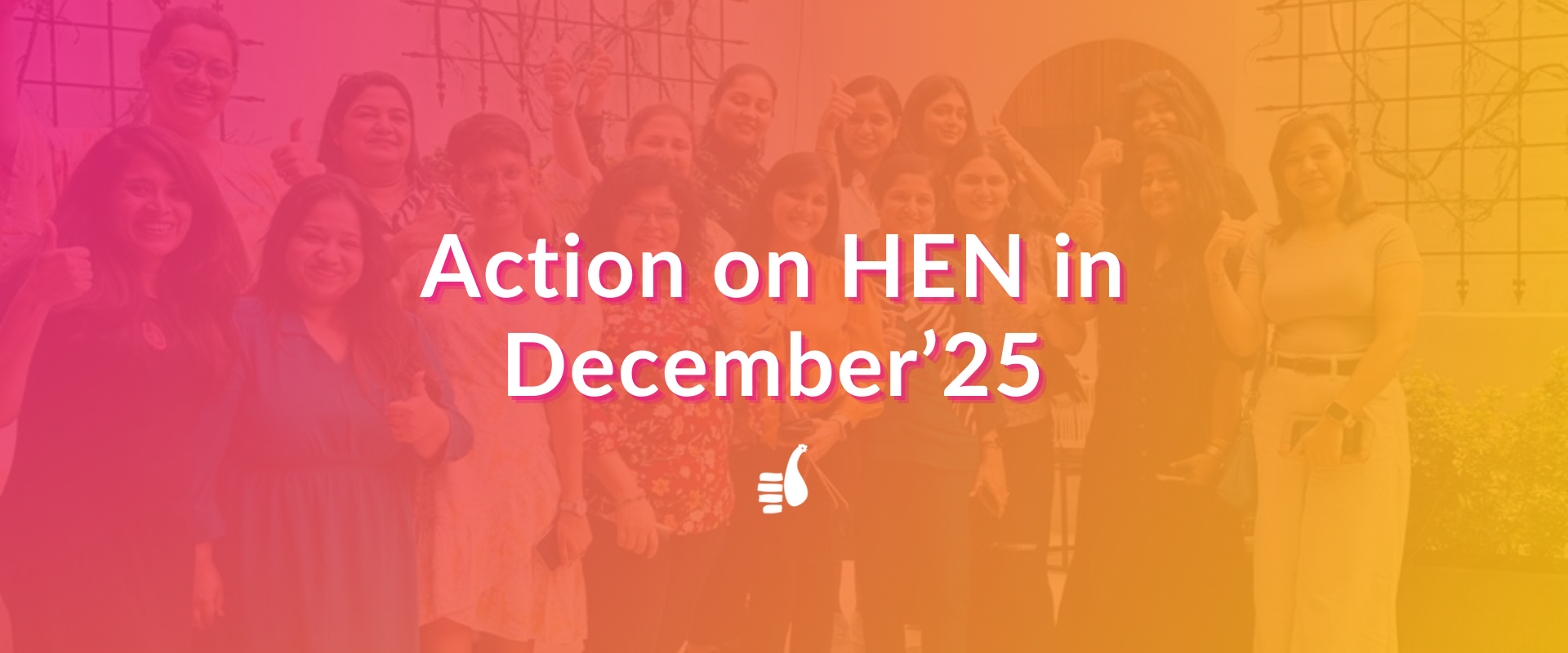We all know the saying, “Behind every successful man is a strong woman.” But let’s rewrite it for 2024: “India’s booming economy runs on women power!”
Recognizing this incredible force, the Interim Budget 2024 prioritized empowering women like you. We’re talking financial assistance, expert mentorship, and skill development programs designed to supercharge your entrepreneurial journey.
The recent Interim Budget 2024 offered a beacon of hope for businesses across India, and women-led ventures are no exception. This blog dives deep into 5 key schemes designed to empower and support your entrepreneurial journey.
1.Pradhan Mantri Mudra Yojana (PMMY)
Focus:Providing loans up to Rs. 10 lakh to eligible beneficiaries.
Loan categories:
Three categories cater to different growth stages:
- Shishu: Loans up to Rs. 50,000
- Kishore: Loans from Rs. 50,000 to Rs. 5 lakh
- Tarun: Loans from Rs. 5 lakh to Rs. 10 lakh
These categories allow entrepreneurs to choose a loan amount that best suits their business needs, providing a significant boost to their growth and development.
Eligibility Criteria
To be eligible for the scheme, applicants must meet the following criteria:
- Citizenship: Applicants must be Indian citizens.
- Business Plan: Individuals with a viable business plan for a small enterprise in sectors like manufacturing, trading, services, or allied agriculture can avail loans.
- Loan Default History: Applicants should not have a history of loan defaults.
- Business Age: The applicant’s business must be at least 3 years old.
- Entrepreneurs Age: Entrepreneurs should be between 24 to 70 years old.
- Business Sector: Loan is applicable for businesses in manufacturing, trading, services, or allied agriculture activities (e.g., food processing, beekeeping, livestock rearing, cold storage, canteen services).
- Not suitable for crop farming.
Insight
Data shows that the government disbursed around 13 lakh crore rupees for 2015-2016, which has jumped to around 51 lakh crore rupees for 2023-2024. Source: Mudra Website
How to apply for PMMY loan?
Online Application
- Visit the official PMMY website at www.udyamimitra.in.
- Click on “Apply Now” on the homepage.
- Select your status: ‘New Entrepreneur’, ‘Existing Entrepreneur’, or ‘Self-Employed’.
- New applicants should enter details like ‘Name’, ‘Email ID’, and ‘Mobile Number’.
- Generate an OTP and complete the registration.
- Ensure you meet the eligibility criteria:
- Indian citizenship,
- a business plan for a small enterprise,
- a business operational for at least 3 years,
- and an age between 24 to 70 years.
Through a Bank Branch:
- Find a Lender: Look for a bank, NBFC (Non-Banking Financial Company), or MFI (Micro Finance Institution) near you that offers PMMY loans.
- Gather Documents: Get your ID proof, address proof, business plan, and any financial documents the bank asks for.
- Visit the Bank: Talk to a bank representative about applying for a PMMY loan.
- Fill Out the Form: The bank will give you a PMMY application form. Fill it out and submit it with your documents.
- Wait for Approval: The bank will check your application and documents. If everything is okay, they will approve your loan.
- Get Your Loan: Once approved, the bank will deposit the loan amount into your account.
Insight
As of Dec 2021, 68% of the accounts and a significant 44% of the sanctioned amount under PMMY go directly to women entrepreneurs, highlighting the scheme’s impact on women-owned businesses. View Source
2. Stand-up India
Various Methods of Applying?
- Loans can be accessed by applying online, directly at a bank branch, through the Lead District Manager,
- or at over 100,000 bank branches and 17,000 help centers across India
- Applicants can also track their application status and explore different loan offers
Eligibility Criteria
The eligibility criteria for the Stand-Up India Scheme are as follows:
- The scheme is open to individual borrowers as well as group/formalized industrial units.
- SC/ST and/or woman entrepreneurs, above 18 years of age, are eligible.
- At least one SC/ST borrower and at least one woman borrower must be engaged in setting up the enterprise.
- In the case of a non-individual enterprise, at least 51% of the shareholding and controlling stake should be held by either an SC/ST or woman entrepreneur.
- The enterprise may be in manufacturing, services, agri-allied activities, or the trading sector.
- The loan is intended for setting up a new business (greenfield enterprise) as per the specified total project cost norms.
How to Apply For Stand-Up India Loan?
Here’s how to apply for a Stand-Up India Loan:
- Find a Participating Bank: Look for a bank that offers Stand-Up India loans. You can ask around or check the bank’s website.
- Get the Application Form: Ask the bank for a Stand-Up India loan application form or download it from their website (if available).
- Fill Out the Form: Carefully fill out the form with details about yourself, your business plans, how you’ll use the money, and financial projections.
- Gather Documents: Collect all the required documents like your business plan, ID proof, address proof, education certificates, project cost estimates, and anything else the bank asks for.
- Submit Your Application: Give the completed form and documents to the bank so they can review it.
- Discuss Loan Details: Talk to the bank officer about the loan terms, interest rates, repayment schedule, and if any collateral is required.
- Confirm Loan Amount: Decide how much money you need (between Rs. 10 lakh and Rs. 1 crore) based on your business needs.
- Wait for Approval: The bank will review your application and see if you qualify for the loan. This might take some time.
- Loan Approval (or Denial): The bank will let you know if your loan is approved.
- Get Your Loan (if Approved): If approved, the bank will start the process of giving you the loan money. Make sure you meet any extra conditions they have.
Need More Details?
For more information, visit the Standupmitra website: https://www.standupmitra.in/
3. Startup India Seed Fund Scheme (SISFS)
In 2016, the Indian government launched Startup India, a program dedicated to fostering a thriving startup ecosystem. Recognizing startups’ power to drive innovation, job creation, and economic growth, Startup India offers a supportive environment through a 19-point action plan.
This plan includes measures like simplified regulations, tax benefits, and critical support for early-stage funding through schemes like the Startup India Seed Fund Scheme (SISFS).
- Ideation and Validation: Startups can receive up to Rs. 20 lakhs to develop their proof of concept (POC) and refine their business models.
- Commercial Launch or Business Upscale: Funding can increase to Rs. 50 lakhs to help startups bring their innovative solutions to market and achieve commercial success.
- Importantly, the SISFS application process is designed to be transparent and efficient, with funds disbursed quickly.
- Recognized by DPIIT. To get DPIIT-recognized, please visit https://www.startupindia.gov.in/content/sih/en/startupgov/startup_recognition_page.html
- Be a relatively new startup, incorporated within the last 2 years.
- Have a solid concept with a developed proof of concept (POC) and innovative products or services.
- Be an Indian-owned company with at least 51% Indian shareholding.
- Not have received any previous government grants.
- Prepare your documents: Ensure you have all the required documents, along with proof of authorization to submit them on behalf of your startup. This proof could be a Letter of Authorization, Power of Attorney, or a Board Resolution.
- Select your incubators: The application form allows you to choose three incubators from the pool of government-approved SISFS partners. Research these incubators to find the ones that best align with your industry and growth needs.
- Apply with accurate information: Fill out the application form carefully and completely with up-to-date information. Mistakes or missing details can lead to rejection.
- Document submission: Once the application is complete, submit it along with all the required documents to the chosen incubators.
- Shortlisting by Incubator: Each incubator you selected will review your application based on its own criteria, including your business idea, market potential, and team capabilities. Shortlisted startups will move on to the next stage.
- Selection by ISMC: Shortlisted applications are then forwarded to the Inter-Ministerial Steering Committee (ISMC) for final evaluation and approval. The ISMC considers factors like innovation, scalability, and potential social impact when making funding decisions.
- The government mandates incubators to disburse the first installment within 60 days of application approval. Seed funds are typically released in installments.
- Subsequent installments are contingent upon the startup submitting satisfactory progress reports.
- Startups can only apply for the seed fund once within the first 2 years of incorporation.
4. Fund of Funds for Startups (FFS) Scheme
- The FFS scheme has a corpus of Rs. 10,000 crore and aims to increase access to capital for startups while encouraging private investment in the sector.
- Daughter funds must meet specific criteria set by SEBI, including a fund corpus below Rs. 1,000 crore and a commitment to invest at least double the FFS contribution in government-defined startups.
- Key members of the daughter funds must also have a minimum credit score of 650 and be legally eligible for director or managerial positions.
- Funds are disbursed within 180 days, with the specific amount calculated based on the fund size and applicable rates.
Insight
Eligibility Criteria
- Be a relatively new company, registered as a Private Limited Company, Limited Liability Partnership (LLP), or a registered partnership firm.
- Be incorporated on or after April 1, 2016 (start-up age less than five years old).
- Have a turnover below Rs. 25 crore.
- Demonstrate a focus on development and innovation in manufacturing products or services driven by technology or intellectual property.
- Be a distinct entity, not formed by splitting or restructuring an existing firm.
- Government Recognition:
- Obtain a certificate of eligibility from an inter-ministerial board, recommended by a recognized incubator or venture capitalist.
- Be registered with the Department for Promotion of Industry and Internal Trade (DPIIT).
- Startup Definition: Ensure your venture aligns with the Government of India’s definition of a startup as outlined in Gazette Notification G.S.R. 127(E) dated February 19, 2019 (consult the notification for details).
- FFS Investment Strategy: Verify that your startup’s sector and stage of development match the investment focus of the FFS program as outlined by the notification.
How to Apply for Funding Through Daughter Funds of the FFS Scheme?
Here’s a breakdown of the application process you can consider:
- Startup India Registration: Make sure your startup is registered with Startup India.
- Check Eligibility: See if your startup meets the FFS criteria (check a separate document for details).
- Investment Funds (AIFs): These are the ones applying for FFS support to invest in startups
- AIF Application (2 Steps):
- AIFs present their investment plans to a committee (VCIC) appointed by SIDBI.
- If approved, AIFs submit a formal application to SIDBI for final approval.
- Approval & Agreement: If successful, SIDBI will give the AIF a green light and sign an agreement outlining the funding details.
Insight
Important Note: The FFS scheme doesn’t directly provide funds to startups. Instead, it supports investment funds that then invest in startups.
Go through SIDBI website for more details. Click Here
5. Credit Guarantee Scheme for Startups (CGSS)
The Indian government’s Credit Guarantee Scheme for Startups (CGSS) is a game-changer for entrepreneurs. Recognized startups can now secure loans from banks and other lenders more easily.
CGSS acts as a safety net for lenders by guaranteeing a portion of the loan if a startup defaults. This reduces the risk for lenders, making them more willing to provide financing to startups.
- The scheme is managed by the National Credit Guarantee Trustee Company (NCGTC) and has clear guidelines for both startups and lenders.
- The CGSS encourages banks, NBFCs, and AIFs to lend to startups by mitigating their risk.
- Startups can avail loans of up to Rs. 10 crore with a portion of the debt guaranteed by the government under this scheme.
- There are two coverage options: transaction-based guarantees a specific loan for your startup, while umbrella-based covers a pre-approved loan limit for multiple startups under a lender’s portfolio. Overall, CGSS bridges the gap between startups needing funds and lenders willing to provide them.
Eligibility Criteria:
- DPIIT-recognized Startup: Must be officially recognized by the Department for Promotion of Industry and Internal Trade (DPIIT).
- Financial Sustainability: Demonstrate a stable revenue stream through audited monthly financials for the past 12 months, indicating suitability for debt financing.
- Clean Credit History: No defaults on previous loans or Non-Performing Asset (NPA) classification according to RBI guidelines.
- Member Institution Approval: Final eligibility confirmation by the participating lending institution for CGSS guarantee cover.
How to apply for CGSS (Credit Guarantee Scheme for Startups)?
- Approach Lenders: As a recognized startup, you can directly approach CGSS-participating banks, NBFCs, or Alternative Investment Funds (AIFs) for your funding needs.
- Loan Evaluation: The chosen lender will evaluate your loan application based on their standard lending procedures, CGSS guidelines, and other relevant regulations.
Need More Details
For more details, please visit the Startup India Website.
Government Extends Tax Benefits for Startups and Investors
In a move to further support India’s startup ecosystem, the government has proposed a one-year extension of tax incentives for startups and investments made by sovereign wealth funds and pension funds.
This extension, valid until March 2025, offers two key benefits:
- Continuity in Taxation: Ensures a stable tax environment, allowing startups to confidently plan and grow their businesses.
- Fostering the Startup Ecosystem: Extends benefits that encourage investment and growth, further propelling the Indian startup scene.
- This extension directly benefits over one lakh startups recognized by the government. They can continue to leverage the advantages outlined in the Action Plan for Startup India.
- Industry experts have applauded the proposal, emphasizing the importance of tax certainty and extended tax holidays for startups. This extension provides much-needed stability for entrepreneurs, allowing them to focus on building their businesses.
- The proposal to extend tax benefits reflects the government’s commitment to creating a supportive environment for startups and promoting economic growth in India.
- The decision to extend tax benefits by a year provides clarity and certainty for global investors and eligible companies to enhance investment and operational planning. The extension of tax benefits till March 31, 2025, benefits eligible startups, sovereign wealth funds, pension funds, and units in the International Financial Services Centre (IFSC) GIFT City.
Related Post
Impact and Conclusion
In conclusion, the Interim Budget 2024 focuses on women, particularly through schemes like PMMY, is already yielding positive results. The increased access to capital is empowering women to translate their ideas into successful businesses, promoting economic independence and job creation.
Moreover, the budget’s investments in skilling programs and initiatives such as the Virtual Incubation Program for Women Entrepreneurs are indirectly benefiting women entrepreneurs by equipping them with essential skills and resources for success. Additionally, healthcare initiatives aimed at women are ensuring their well-being, enabling them to focus on expanding their businesses.
The government’s flagship exercises and programs, such as States’ Startup Ranking, National Startup Awards, and Innovation Week, are pivotal for the holistic development of the startup ecosystem.
If you’re a woman entrepreneur with a dream of starting your own business, don’t hesitate! Explore these schemes.
As an entrepreneur, the financial investments you receive are not the only foundation. You should also have a strong network of mentors and advisors and continuously develop the skills needed to navigate the startup world.
#LeanOnHEN for a community that will back you with connections, mentors, and skills. HEN is your go-to business network for women, where you can network with established entrepreneurs and learn from mentors who have been there, done that.










